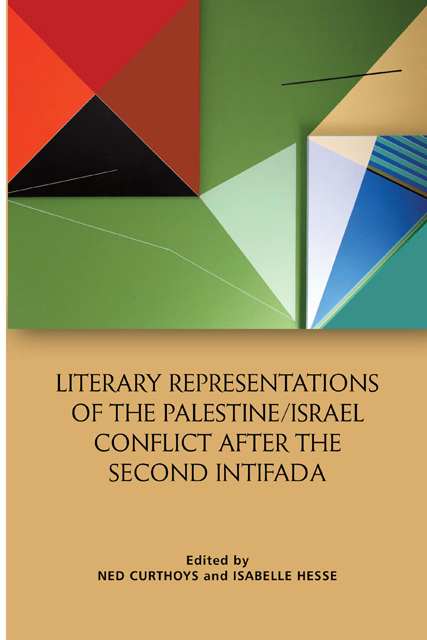10 - The Palestine/Israel Conflict in the Young Adult Anglophone Bildungsroman
Published online by Cambridge University Press: 07 June 2023
Summary
In an interview, Canadian children’s book author Deborah Ellis has pointed out that ‘it is easy to look at the Middle East and only see a colossal mess with people firmly entrenched in their versions of the story and with powerful forces benefitting from keeping the conflict alive’ (Cat 50). Ellis’s statement draws attention to three key aspects of representing the situation in Palestine/ Israel, especially outside of the Middle East: first, the idea that it is a complex conflict (what Ellis calls a ‘colossal mess’) and second, that this is an issue that polarises people. Third, and already implicit in the previous point, is the fact that this conflict is relevant for audiences beyond the Middle East, which is partly due to the fact that it is shaped by the involvement of key international stakeholders, such as the United States and the European Union. As discussed in the introduction to this edited collection, the Palestine/ Israel conflict has long fascinated audiences outside of the region. Since the Second Palestinian Intifada, there has been a rise in young adult books from outside the Middle East that imaginatively engage with this conflict, a sample of which will be the focus of my chapter.
While young adult fiction is usually not linked with politics, at least not directly, using Elizabeth Laird’s book A Little Piece of Ground, which will be discussed later in this chapter, David Belbin has emphasised that ‘We should be proud that YA fiction acts as a home for writers with a serious moral agenda’ (140). Indeed, many people have emphasised the capacity of young adult readers to engage with complex topics. For instance, Kate Wilson, who was director of Macmillan Books when they published Laird’s A Little Piece of Ground (2003), a book that was criticised for being too one-sided in favour of the Palestinians, responded by saying that: ‘I do not think it is right to underestimate the intelligence and subtlety of young readers’ (Wilson quoted in Leibovich-Dar). This statement emphasises that young adult fiction, even though usually aimed at readers aged 12–15, should not automatically include content that is simplified or shies away from complex political matters. In many ways, young adult fiction lends itself to engaging with and representing the Palestine/Israel conflict to an audience outside of the Middle East.
- Type
- Chapter
- Information
- Publisher: Edinburgh University PressPrint publication year: 2022



